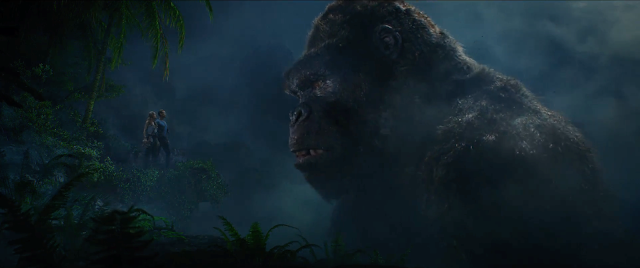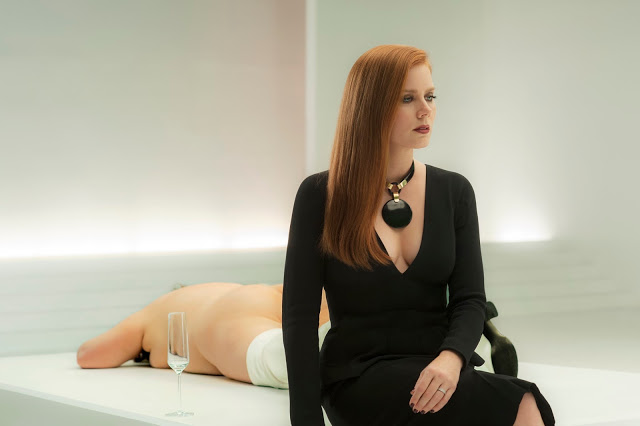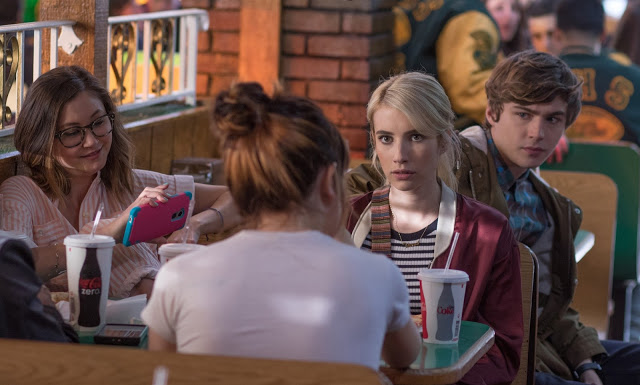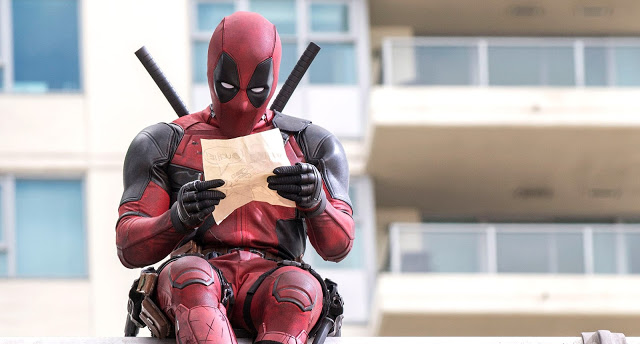It: School’s Out for Murder
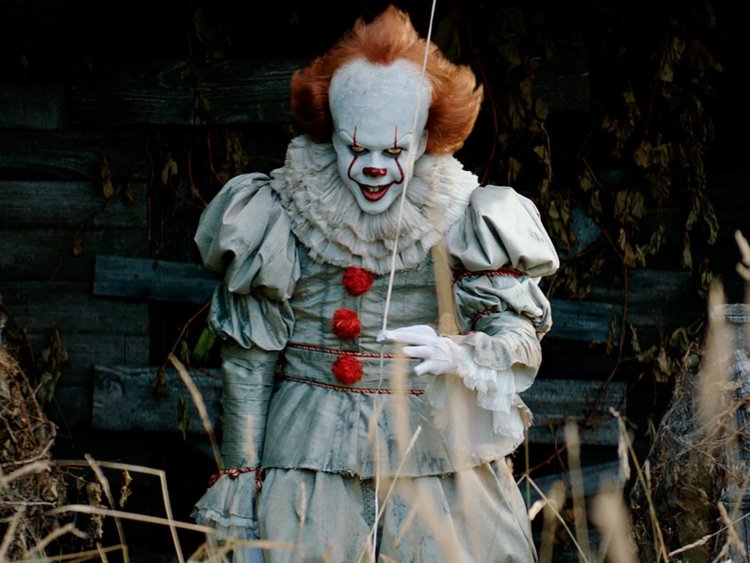 Fear is universal, even if it’s also personal. We’re all afraid of something, but our fears are typically our own. As many pop-culture artifacts have done before, It attempts to trade on this inherent tension between the institutional and the individual, conjuring a parasitic, metaphysical evil that torments its victims by transforming into the very thing that terrifies them most. In this, the film invites you to imagine being confronted not just by the nightmarish visions visited upon its characters, but by the horrors of your own heart.
Fear is universal, even if it’s also personal. We’re all afraid of something, but our fears are typically our own. As many pop-culture artifacts have done before, It attempts to trade on this inherent tension between the institutional and the individual, conjuring a parasitic, metaphysical evil that torments its victims by transforming into the very thing that terrifies them most. In this, the film invites you to imagine being confronted not just by the nightmarish visions visited upon its characters, but by the horrors of your own heart.
“What are you afraid of?” the trailer for It asks ominously. Good question. My own list of fears is quite lengthy, and while it contains a number of garden-variety phobias—snakes, rats, heights, etc.—it also includes a few anxieties specific to my temperament and amateur occupation. Like, say, the fear of being trapped in a theater watching a 135-minute horror movie that is by turns repetitive, silly, and dull. Read More

